In a meeting with governors and leaders of political parties held on August 20th, The National Independent Electoral Commission-CENI has said people who will be members of provincial and communal electoral commissions should not work on behalf of their political parties.
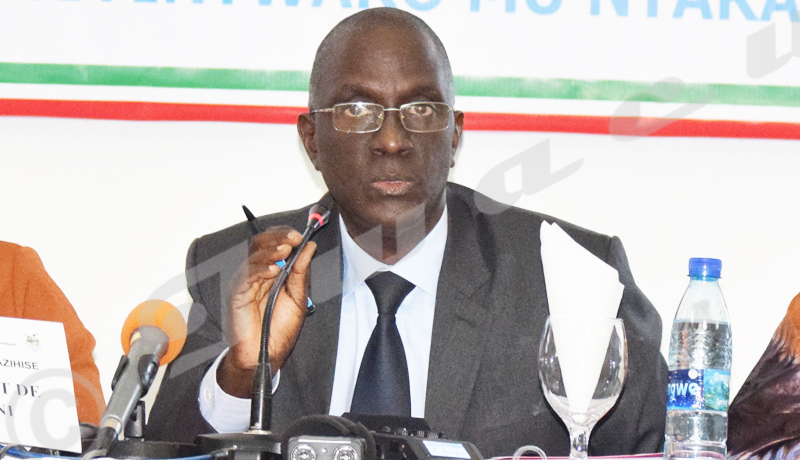
Pierre Claver Kazihise: “CEPI and CECI members must organize neutral, credible and transparent elections”
Pierre Claver Kazihise, Chairman of the National Independent Electoral Commission-CENI says people who will be part of the provincial independent electoral commission (CEPI) and the communal independent electoral commission (CECI) will come from political parties, religious denominations, civil society organizations and the administration.
“They must organize neutral, credible and transparent elections,” he says adding that they will no longer undertake activities in their political parties.
CENI will dismiss whoever may continue to conduct political activities after their appointment to work for CEPI or CECI, he adds.
He asks political parties to give names of people who are competent and determined to work for the country.
“Each political party will give a list of 3 names with different genders and ethnic groups in each province,” says Mr. Kazihise.
However, people should know that working for CEPI or CECI is not a job but a service for the country, says another member of CENI.
Abel Gashatsi, Chairman of UPRONA party says a large number of people who will be in provincial and communal electoral commissions should come from political parties.
For him, some political parties may create civil society organizations so they will have many members in the two commissions.
He asks CENI to be careful so that no political party should have more than one member in the electoral commissions.
Mr. Gashatsi says the national electoral commission should collaborate with the administration to know political parties which are present in the province or commune.
“Political parties which are present in the province or commune should be part of CEPI and CECI,” he adds.
As for Noé Mbonigaba, MP and member of the National Congress for Freedom-CNL, the experience should not be part of the criteria to select CEPI and CECI members as there are some new political parties which might not have taken part in the past elections.
Some participants have asked CENI to consider the results of the previous elections to know which political parties are more influential than others, a proposition that Mbonigaba has opposed.
“The previous elections should not be a criterion since not all political parties participated in them,” he says.
CENI has organized the meeting with the provincial governors and political parties to discuss the establishment of the two electoral commissions in the country.
On June 28th, CENI presented the calendar for the 2020 elections according to which three polls are expected to be held on May 20, 2020, i.e. the presidential, parliamentary and communal council elections.


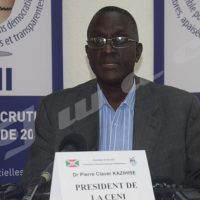
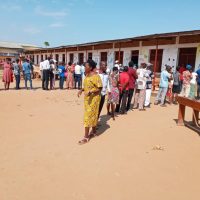
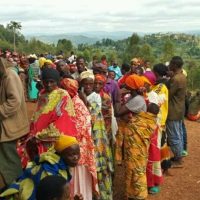
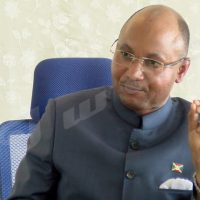













 IWACU Open Data
IWACU Open Data

